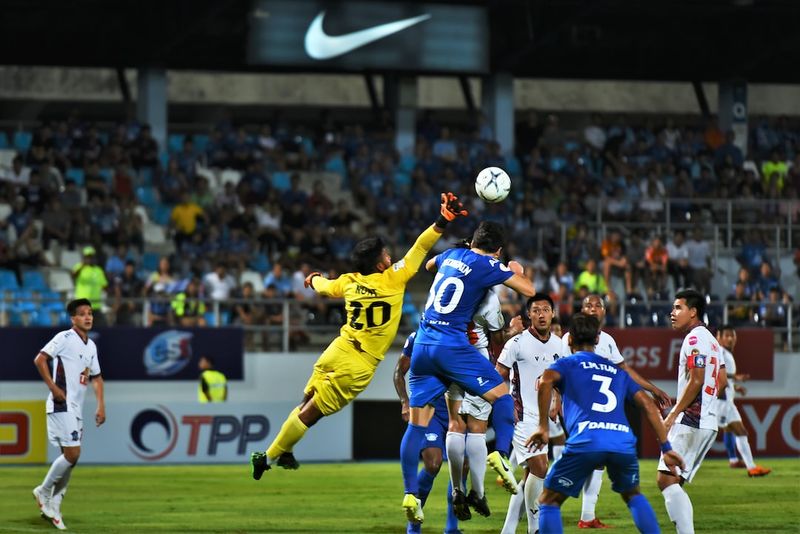Hezbollah Fires Mortars at Israel; IDF Responds with Strike on Lebanon Border
Introduction
In a disturbing escalation of tensions in the Middle East, the Hezbollah terror group targeted Israeli military sites on the Lebanon border with mortars. The attack was carried out in solidarity with the recent major attack by Hamas in the Gaza Strip. While there were no immediate reports of injuries, the Israel Defense Forces (IDF) swiftly responded with artillery fire and a drone strike on Hezbollah infrastructure. The situation remains tense as both sides exchange fire, raising concerns about a potential further escalation of violence in the region.
Hezbollah‘s Solidarity Attack
Hezbollah claimed responsibility for the attack, stating that it had fired “dozens of rockets and shells” at three Israeli positions in the contested Mount Dov region. The Lebanese group expressed its support for the “Palestinian resistance” following the Hamas attack on southern Israel. Footage of the attack circulated on social media, showing one of the mortars hitting an Israeli military site on the border.
Israeli Response and UN Involvement
The IDF promptly retaliated by firing artillery towards the area of the launches and conducting a drone strike on Hezbollah infrastructure. The military also fired warning shots at Hezbollah members attempting to rebuild a tent in the Mount Dov area. The United Nations Interim Force in Lebanon (UNIFIL) has been in contact with both sides to de-escalate the situation and prevent further violence. UNIFIL stressed the importance of exercising restraint and utilizing its liaison and coordination mechanisms.
Tensions with Hezbollah
Tensions with Hezbollah have been simmering in recent months, with the group setting up tents in the Mount Dov area and conducting patrols along the Lebanese border. This latest attack demonstrates Hezbollah‘s involvement and solidarity with Palestinian factions, despite its previous non-involvement in conflicts between Israel and Palestinian terror groups. This development is concerning and could further destabilize the already fragile situation in the region.
Editorial: The Cycle of Violence
This attack by Hezbollah, following closely on the heels of the major assault by Hamas, highlights the dangerous and seemingly endless cycle of violence in the Israeli-Palestinian conflict. Both sides perpetuate this cycle through retaliatory actions, leading to casualties and further escalation. It is crucial for all parties involved to consider the long-term consequences of their actions and strive for a peaceful resolution.
Addressing the Root Causes
To break this cycle of violence, it is essential to address the root causes of the Israeli-Palestinian conflict. The ongoing occupation of Palestinian territories, the lack of a viable two-state solution, and the deep-seated mistrust between the two sides are all contributing factors. Efforts must be made to foster dialogue, build trust, and find a comprehensive and just resolution to the conflict.
The Role of the International Community
The international community plays a critical role in facilitating a peaceful resolution to the Israeli-Palestinian conflict. Diplomatic efforts, supported by organizations like the United Nations, must be intensified to create an environment conducive to negotiations and dialogue. Moreover, countries with influence over Hezbollah, such as Iran, should be engaged in constructive discussions to discourage support for acts of violence.
The Importance of Restraint
In situations of heightened tension, it is essential for all parties to exercise restraint and prioritize de-escalation. Further violence will only perpetuate the suffering of innocent civilians and deepen divisions. The continued engagement of UNIFIL and other international mediation efforts will be crucial in preventing a fast deterioration of the security situation.
Conclusion
The recent attack by Hezbollah on Israeli military sites highlights the dangerous and escalating tensions in the Israeli-Palestinian conflict. It is imperative that all parties involved prioritize dialogue, restraint, and de-escalation to break the cycle of violence and work towards a just and lasting resolution. The international community must play an active role in facilitating these efforts and addressing the root causes of the conflict. Only through sustained diplomatic efforts can peace and stability be achieved in the region.

<< photo by Kristina Litvjak >>
The image is for illustrative purposes only and does not depict the actual situation.
You might want to read !
- Interpol Urged to Arrest 1994 Bombing Suspects: Seeking Justice for Argentina’s Tragic Past
- Argentina’s Judge Seeks Justice: Interpol Asked to Arrest Suspects in 1994 Attack
- “The Unsolved Case Resurfaces: Argentina’s Hunt for Justice in the 1994 Bombing”
- Real Madrid vs Osasuna: A Clash of Titans – Live Stream, TV Channel, Kick-Off Time
- Real Madrid Dominates Osasuna to Clinch Impressive 4-0 Victory in LaLiga
- Israel is “at war” following Hamas attacks from Gaza…
Title: Analyzing the Escalating Conflict: Israel’s Response to Hamas Attacks from Gaza
- Predicting the Thrilling Battles of WWE Fastlane 2023
- Exploring the Impact and Implications of Hamas Fighters Breaching the Gaza-Israel Border | Video Report
- Hamas Fighters Breach Gaza-Israel Border: A Provocative Escalation | Analysis
- Exploring the Impact: Palestinian Militants’ Multi-Front Attack on Israel




